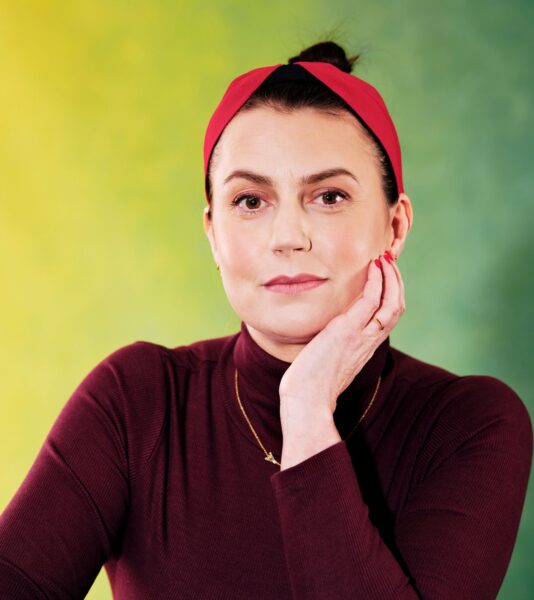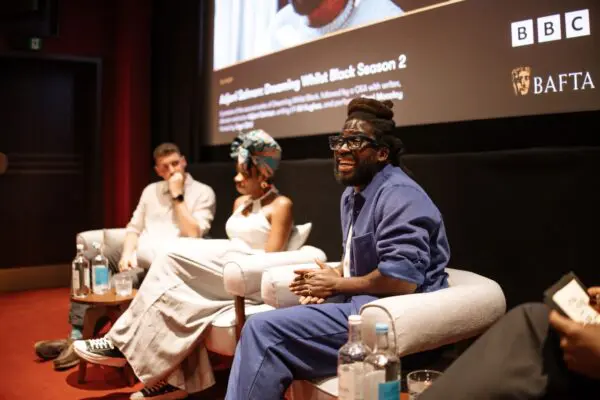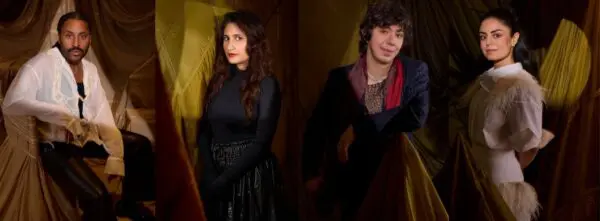Marielle Heller, the American director and screenwriter behind Diary of a Teenage Girl, and most recently Nightbitch, has shared insights into her writing process and how she brings texts to life on screen.
“I love adapting novels, I feel like it is a really fulfilling creative process, but I think people tend to think of adaptation as something like translation… and it really isn’t that”, Heller explained as she spoke as part of BAFTA’s latest Screenwriters’ Lecture Series.
“Adapting novels is a process that I think people don’t totally understand, or it’s a little bit misunderstood” – Marielle Heller









